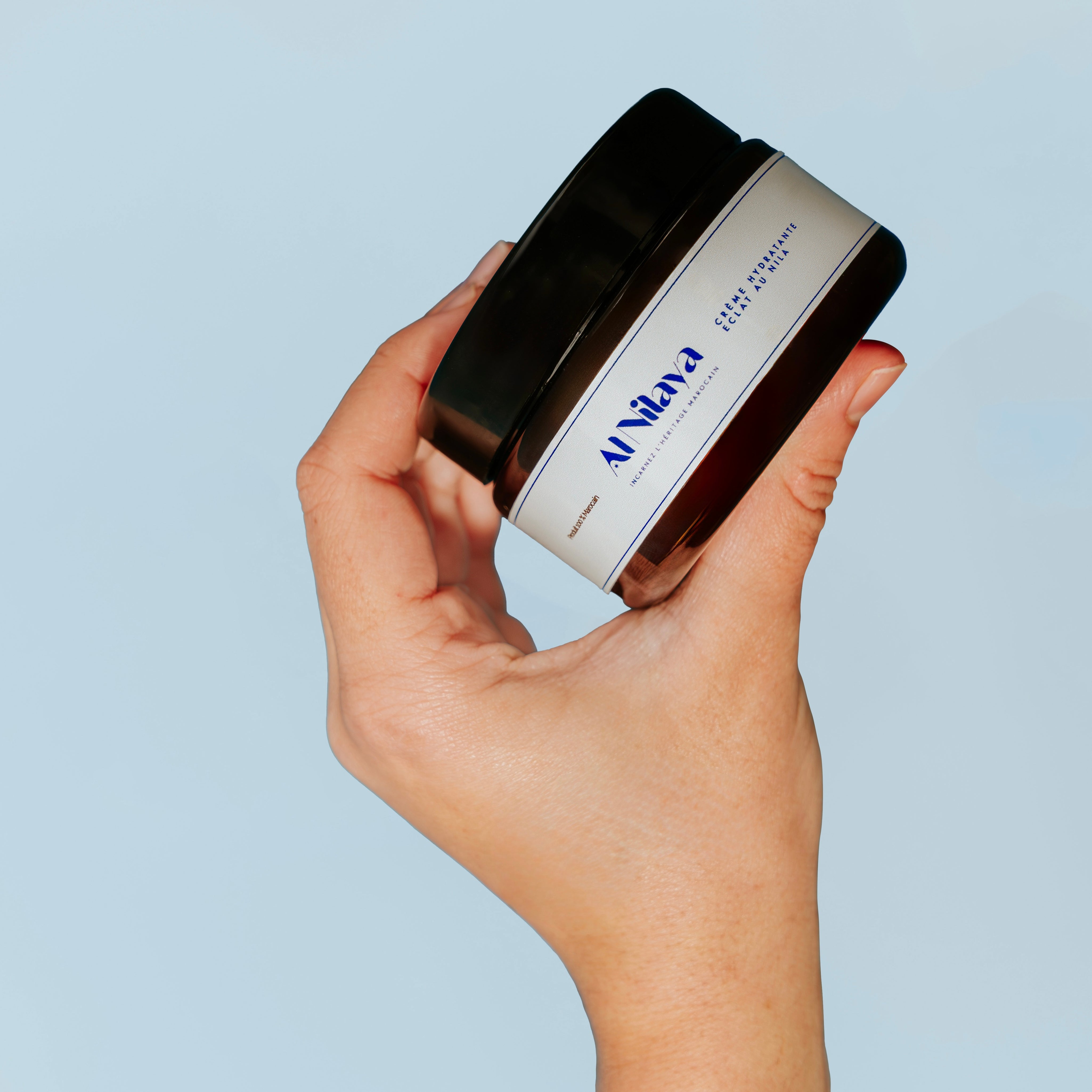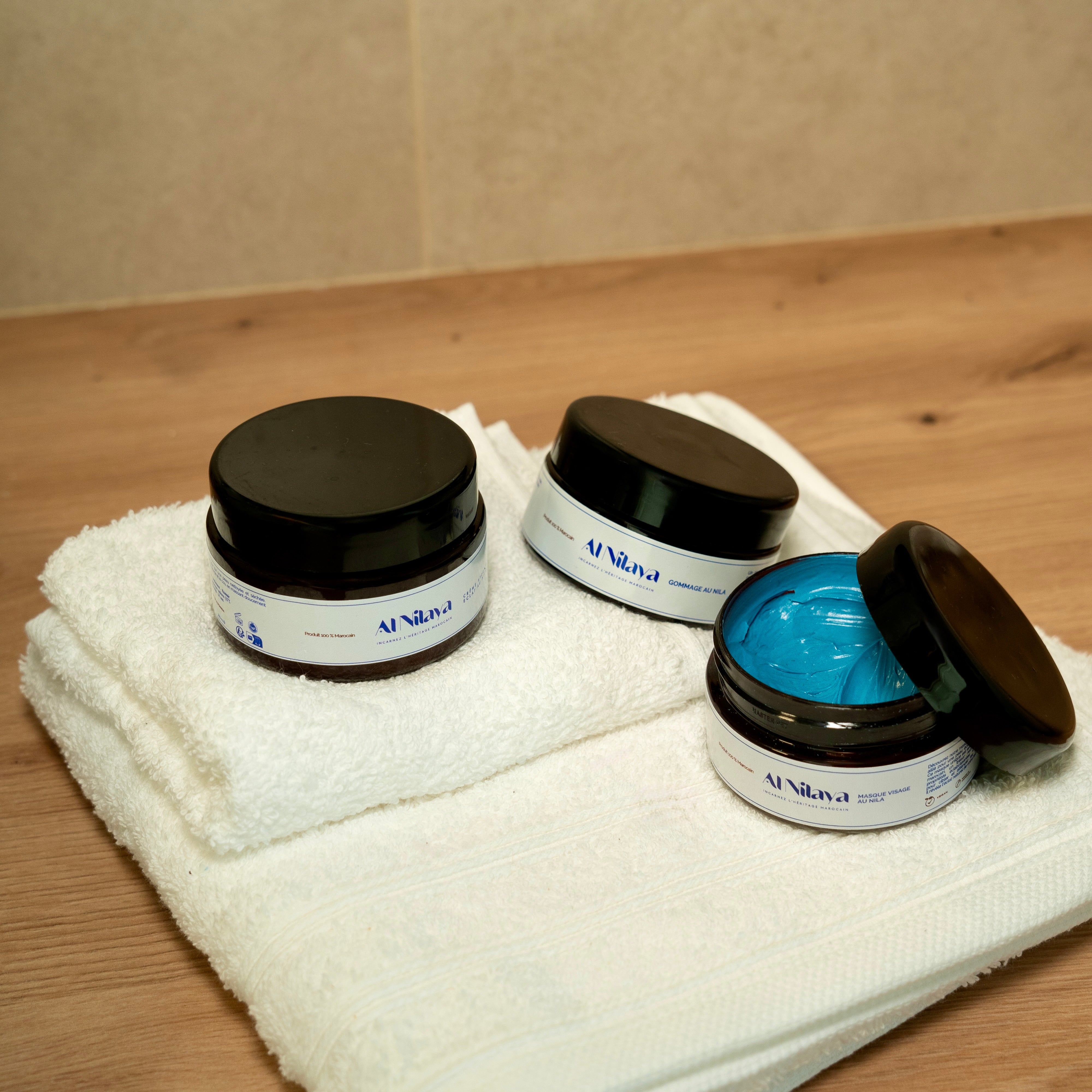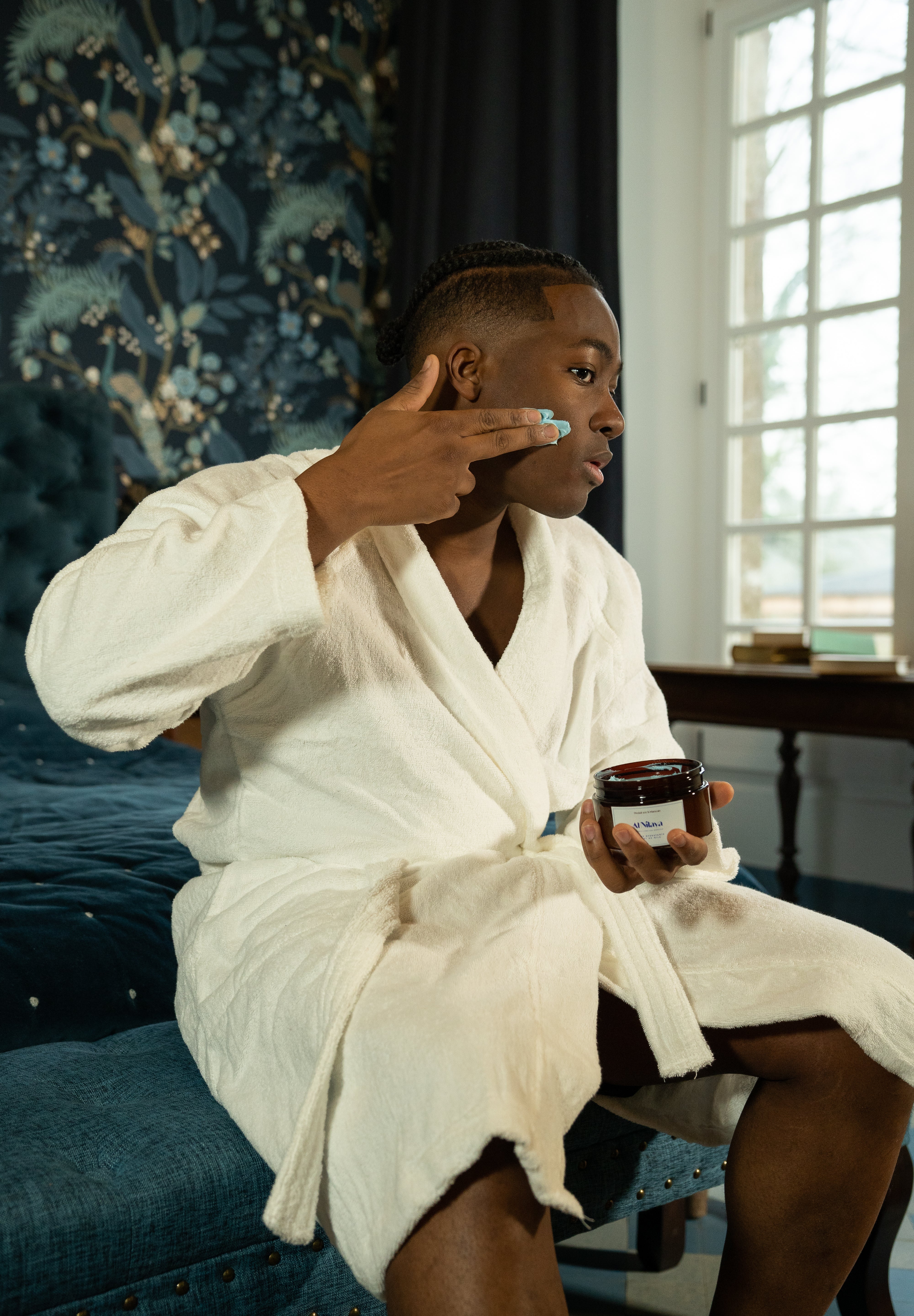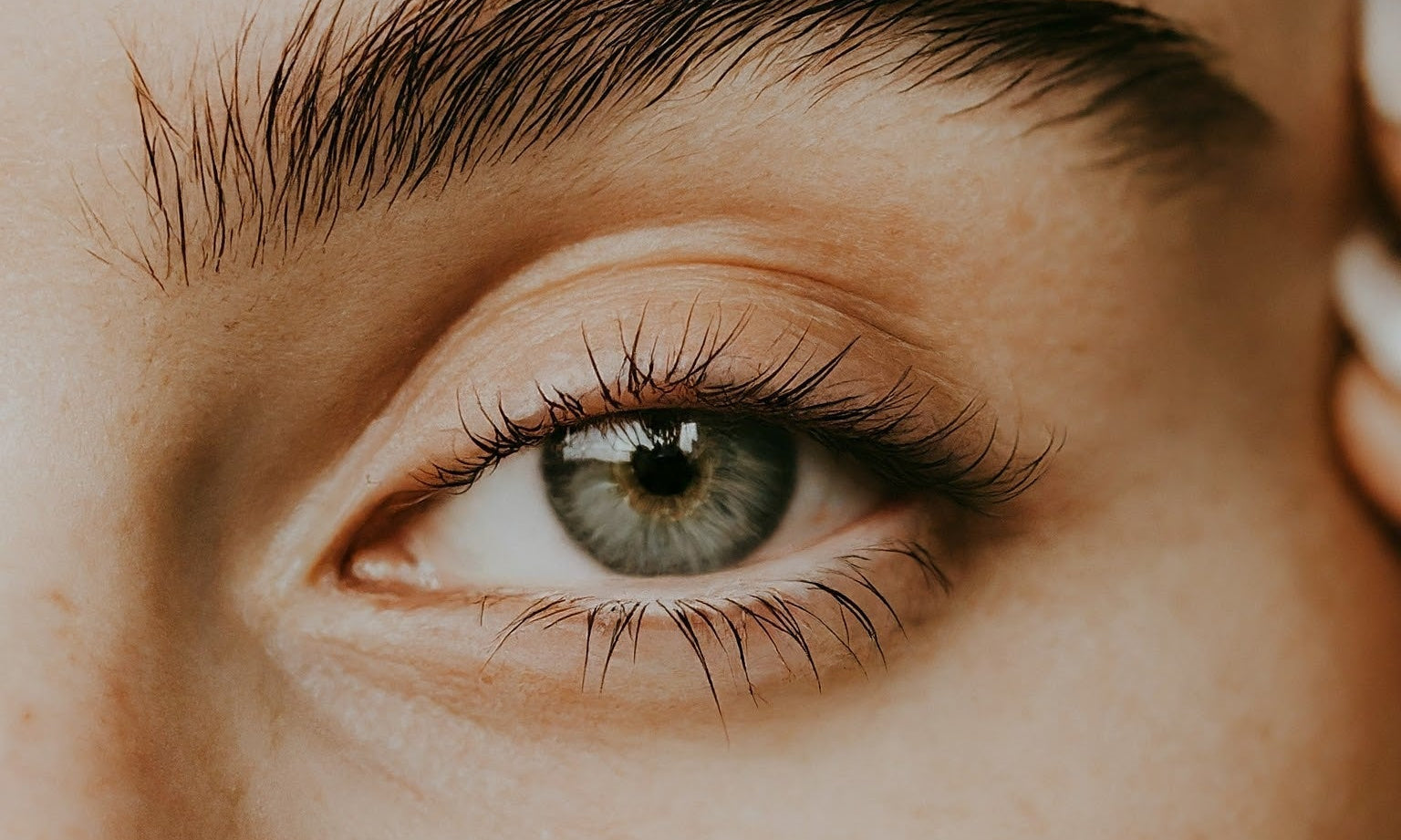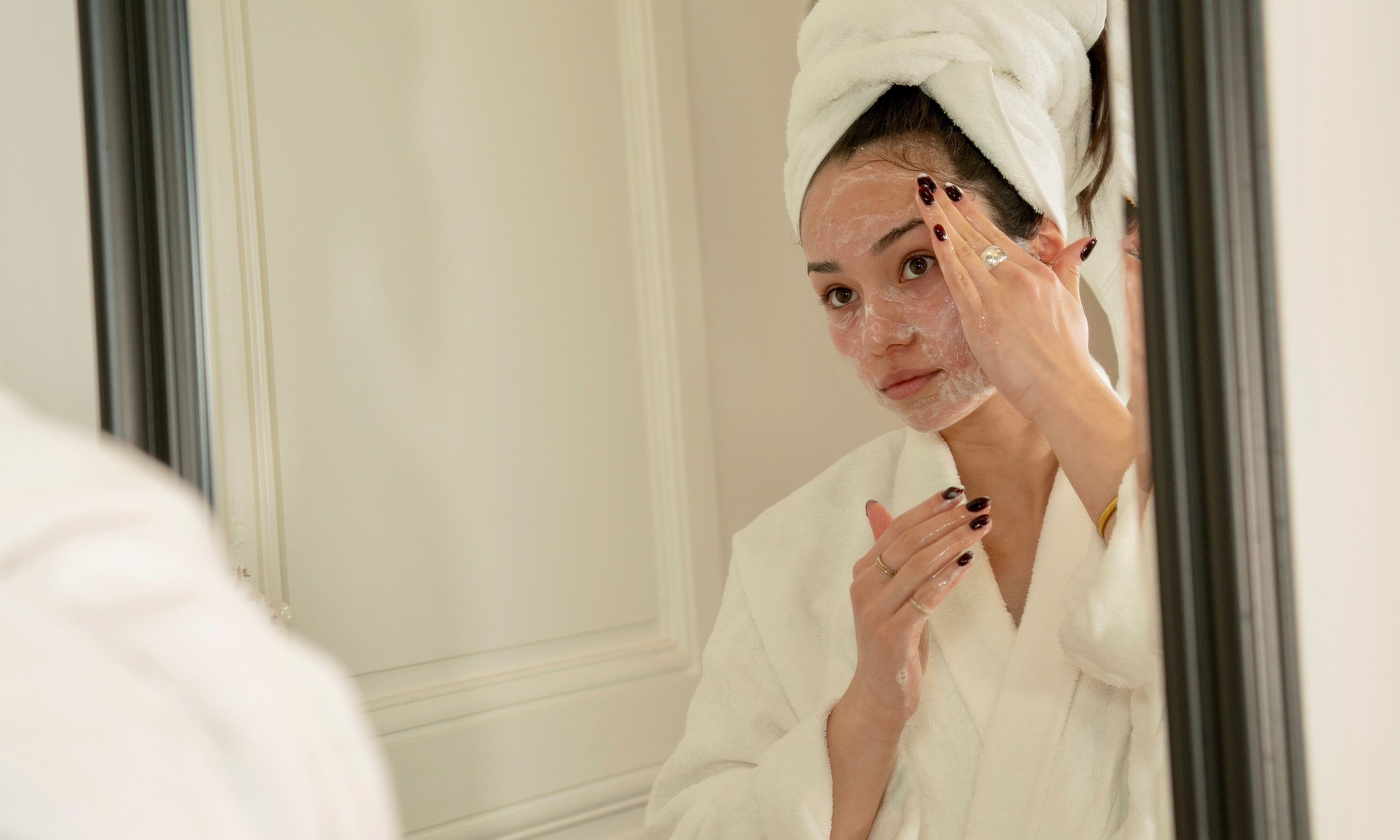Stress is an unavoidable reality of modern life. Whether it’s due to work, family responsibilities, or the challenges of everyday life, stress can quickly show up on our faces. The effects of stress on our skin are numerous: breakouts, redness, dryness, and even premature aging. But how exactly does stress affect our skin, and more importantly, how can we minimize its effects to maintain a healthy, glowing complexion? Here’s an in-depth look at natural ways to protect your skin from stress.
The Effects of Stress on the Skin
1. Acne and Excessive Sebum
When you're stressed, your body releases cortisol, a hormone that can increase sebum production. While sebum is essential for protecting your skin, too much sebum can clog pores and lead to acne breakouts. That's why you may notice oilier skin and breakouts during times of stress.
- Solution: To control excess oil, use a gentle cleanser and balancing toner. Incorporate products containing niacinamide or salicylic acid, which regulate oil production while soothing the skin.
2. Inflammation and Redness
Stress exacerbates inflammatory skin conditions such as eczema, rosacea, and psoriasis. Flare-ups of these conditions may be more frequent and severe during times of stress.
- Solution: Opt for soothing skincare products with aloe vera, chamomile, or niacinamide. These natural ingredients help calm inflammation and reduce redness, while strengthening the skin barrier.
3. Dull Complexion and Fatigue
Stress can reduce blood circulation in the skin, depriving it of essential oxygen and nutrients, leading to a dull, tired complexion. Additionally, lack of sleep, often linked to stress, compounds this effect by preventing the skin from regenerating effectively during the night.
- Solution: To revitalize a tired complexion, rely on serums enriched with vitamin C and antioxidants. These active ingredients brighten the complexion and stimulate cellular regeneration, restoring the skin's natural radiance.
4. Premature Aging
Chronic stress damages collagen and elastin, two proteins essential for skin firmness and elasticity. This can lead to the premature appearance of fine lines and wrinkles.
- Solution: Incorporate anti-aging skincare rich in retinol or peptides into your routine. These ingredients promote the production of collagen and elastin, thus delaying the appearance of signs of aging.
Strategies to Protect Your Skin From Stress
1. Establish a Reassuring Care Routine
Consistency is key. A well-defined skincare routine can help stabilize skin and prevent stress-related breakouts. Cleanse, moisturize, and protect your skin every day with products that are tailored to your skin type.
2. Intense Hydration
Stress can dry out your skin. Well-hydrated skin is more resilient to external aggressions. Choose moisturizers rich in hyaluronic acid, glycerin, or shea butter, which help retain moisture in the skin.
3. Stress Management Techniques
Reducing overall stress can have a direct impact on your skin. Practice relaxation techniques such as meditation, yoga, or deep breathing to lower stress levels. These practices not only help your mind, but also keep your skin healthy.
4. Get Enough Sleep
Sleep is vital for cell regeneration. During the night, the skin repairs and regenerates itself. Quality sleep, at least 7 to 8 hours per night, is therefore essential to maintain healthy and radiant skin.
5. Balanced Diet
Your diet plays a crucial role in the health of your skin. Eat foods rich in antioxidants, such as colorful fruits and vegetables, nuts, and oily fish. These nutrients help fight stress damage and nourish skin from the inside out.
Conclusion
Stress is inevitable, but its damaging effects on your skin can be managed. By adopting a proper skincare routine, practicing stress management techniques, and maintaining a balanced diet, you can mitigate the impact of stress on your face. Protect your skin with natural skincare and continue to glow, even during the most stressful moments.

